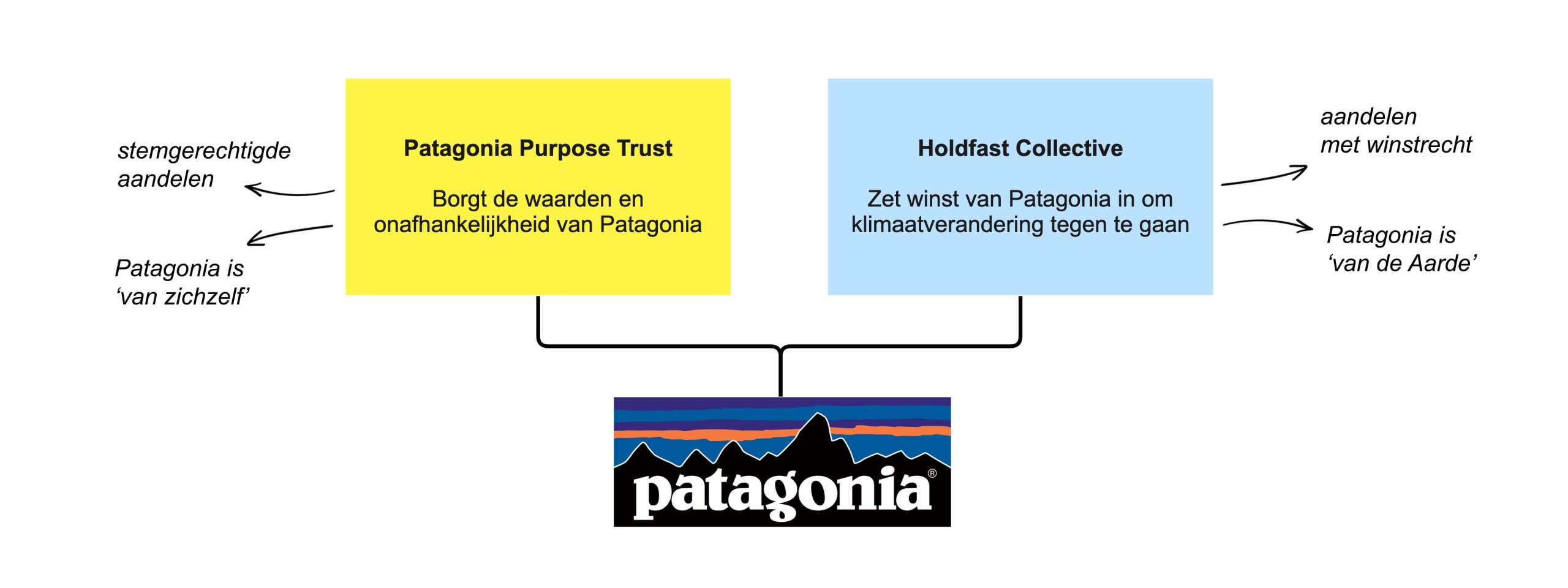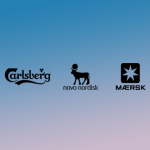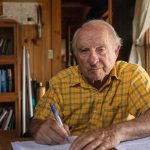
Half a century after the founding of the outdoor clothing brand Patagonia, the company is becoming “self-owned” with Earth as its only shareholder
Instead of selling the company or taking it public, Patagonia’s management decided that ownership will, of now, be managed by a trust and a foundation. The trust secures the company’s values and independence, and the foundation ensures that profits (about $100 million a year) are used to combat climate change.
“Another option was to take the company public. What a disaster that would have been.” – Yvon Chouinard
Patagonia’s new form of ownership is a great example of steward-ownership. In recent decades, several visionary entrepreneurs concluded that steward-ownership is the best choice for their companies and society. From Bosch and Zeiss to Rolex and Carlsberg – they all took the same step as Patagonia and are steward-owned today.

Steward-owned companies have no outside shareholders who can set the company’s stock price or sell the company. In steward-owned companies, voting shares are managed by “stewards” – people whose role is to serve the mission and continuity of the company. In Patagonia’s case, that role is fulfilled by the directors of the Patagonia Purpose Trust. In steward-owned companies, profits serve the company’s mission, primarily by allowing the company to reinvest profits. Profits that remain can be distributed as dividends. At Patagonia, that profit distribution will soon go to the Holdfast Collective which uses it to combat climate change.

Steward-ownership is a fundamentally different way of looking at ownership. It is a response to shareholder capitalism that, thanks to a single-minded focus on short-term profit maximization, has enormously destructive consequences: from growing inequality to the decline of our planet’s livability.
Chouinard’s decision to make Patagonia steward-owned and to hand his shares over to the Earth is in line with the way he has led the company. Patagonia’s social focus is now also secured for the long term thanks to its transition to steward-ownership. While Chouinard’s choice is far from ordinary, it aligns well with the intentions of many more entrepreneurs. The latest edition of the Global Entrepreneurship Monitor shows that “making a difference in the world” is a more important driver for entrepreneurs than making a lot of money and getting rich. So isn’t it crazy that we still mostly use legal structures that placed shareholder value above all else?
“Hopefully this influences a new form of capitalism that does not end with a few rich people and a lot of poor people” – Yvon Chouinard
A growing number of companies are using the steward-ownership model in the Netherlands. Examples include construction company TBI; booking platform Moonback; healthcare company BuurtzorgT; fashion brand New Optimist; online bookstore YouBeDo; organic supermarket chain Odin; and we could go on and on. Yet steward-ownership is still far from mainstream. If it is up to us, that will change in the coming years!

In the Patagonia Purpose Trust, the Chouinard family appears to have a large or even defining role for the time being. It is not clear how that will develop in the future. Does that make Patagonia a combination between a family business and steward-ownership? Want to know more about Patagonia’s new structure in relation to steward-ownership? Then read a comprehensive analysis by our partner Purpose.




